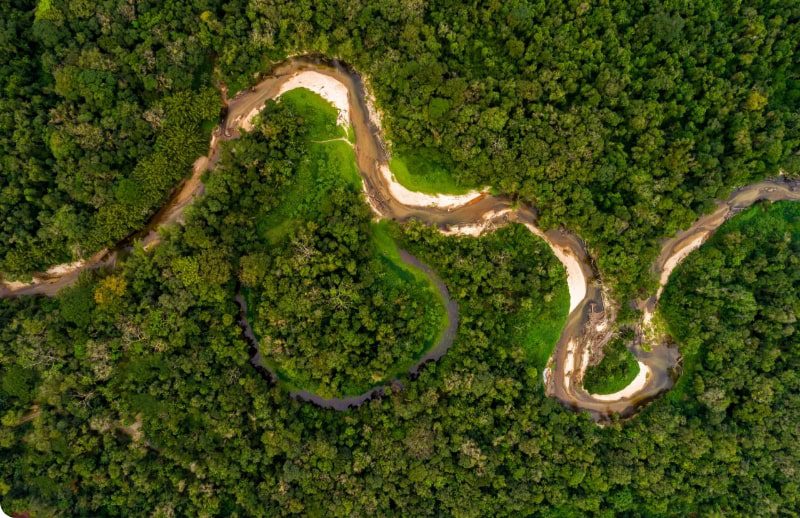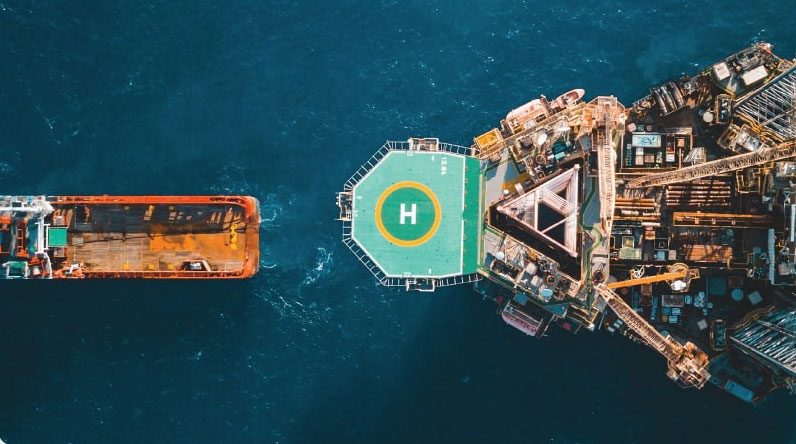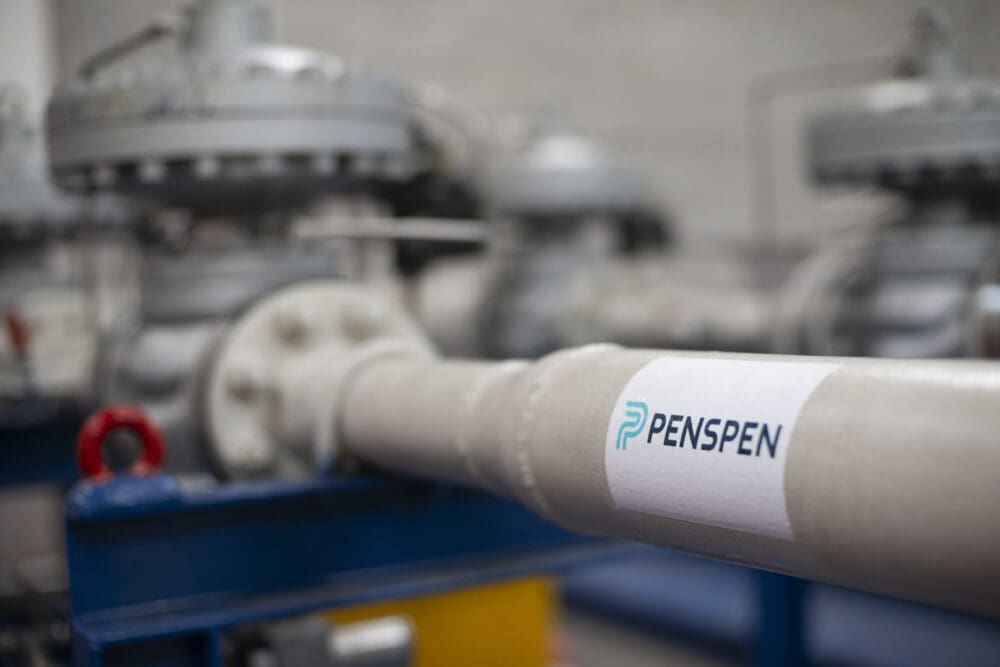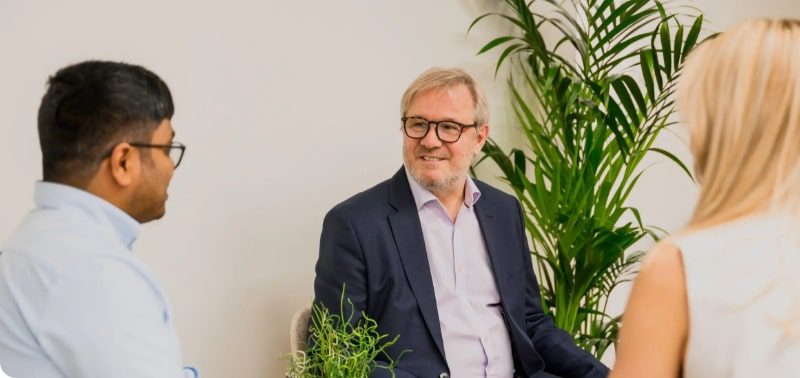In this Our People feature, we speak with Luke, Penspen’s Lead Front-End Software Development Engineer for THEIA. He tells us how growing up in Africa has inspired a career dedicated to tackling climate change, and the role of technology in that journey.
“I’m Luke, and I’m the Lead Front-End Software Development Engineer for Penspen’s THEIA.
“I’ve lived in eight different countries – South Africa, Botswana, Malawi, Mauritius, Ireland, England, the United Arab Emirates, and Uganda – so I’ve always had an innate love for travelling the world, as you can see in the photos I’ve included here. These are from a recent trip to Utah and Arizona in the USA. Originally, I’m from South Africa – something that has had a big influence on why I chose to work in the energy sector. But more on that later!

“I graduated from Newcastle University with a degree in Mechanical Engineering – and I was always an engineer through and through. In fact, at this point, I didn’t have the slightest idea about coding.
“I worked as a Pipeline Integrity Engineer for around four years. It was definitely important work, but the day-to-day tasks themselves became incredibly repetitive. I couldn’t help but start to recognise patterns that could easily be automated – not just to make the lives of integrity engineers easier, but also to reduce the number of hours wasted on these tasks. I noticed assessments that took months, which could have taken a matter of weeks; data matching that took days, which could have taken minutes.
“That’s why I made the decision to become a Software Developer. I wasn’t someone who had a massive background in coding – quite the opposite. But I knew that learning how to code would be worth the effort: I’d seen first-hand how automation had the power to revolutionise the pipeline industry. So, I went for it. And in truth, what surprised me was just how easy it was to learn.
“That’s my advice to anyone who is thinking of learning how to code (and it goes for anyone, in any industry): go for it. It’s one of the best decisions I’ve ever made in my life.
“As the Lead Front-End Software Developer at THEIA, there’s so much satisfaction to be gained from seeing the repetitive tasks I used to spend hours on become automated, because you can clearly see the positive impact on the lives of the engineers.
“Take a project Penspen worked on for a UK airport, for example. A series of ILIs for the pipeline would have taken days and days for an engineer (like me!) to manually match large datasets for corrosion growth rate (CGR). Instead, the team used THEIA’s Feature Matching & CGR module, and a single analysis was completed in under ten minutes.
“But technology never stands still, so our platform has to keep evolving. We’re witnessing the rise of artificial intelligence (AI) at a pace faster than ever before. The way I see it, as technology progresses, so will we. I don’t see AI and other automation software as a replacement for humans, but as tools to make our lives easier. There is so much potential for the energy industry to make the most of the power of AI, so it’s really exciting that THEIA is working with Senslytics, incorporating their CausX AI technology into our software to drive predictive corrosion management. It really has the potential to change the game, and that’s exactly what digital solutions should do.
“Coming from Africa, I’ve seen the effects of climate change first-hand. Because of that, I’m really passionate about fighting for our planet. I’ve seen the damage it is doing and the communities it is impacting. And I’m aware that the energy sector has a massive role to play in the mission to reach net zero – in fact, it’s one of the reasons I’m so set on working in this industry. Perhaps unsurprisingly (as a software engineer), I have to believe that innovation and technology will lead us to the solutions we need to fight climate change and protect our planet.
“I hope that THEIA can make the positive impact needed for our people and planet. What motivates me the most is knowing that my contribution to THEIA is improving the lives of engineers, making more time for the kind of innovative thinking we need to tackle the challenges of the energy transition together.”
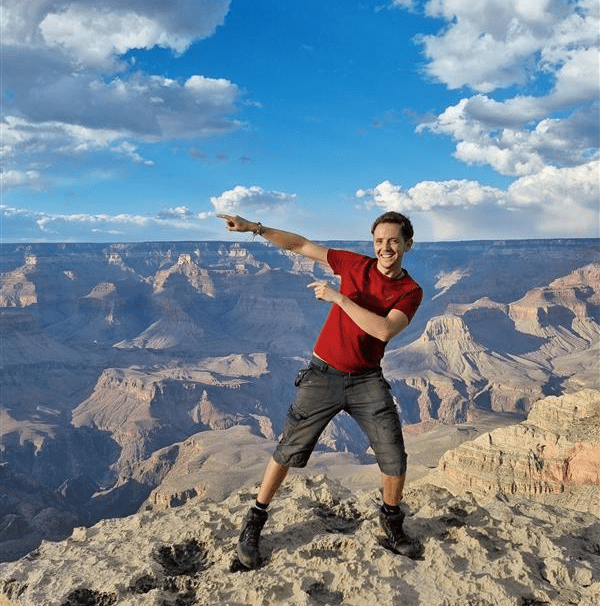
Related Insights

“Workplaces that champion positive wellbeing are vital”: Our People – Beatriz
Beatriz joined Penspen as an HSE Coordinator in our office in Villahermosa, Mexico in 2018. Ahead of the World Day for Safety and Health at Work, we caught up with her to hear about what a hike up...
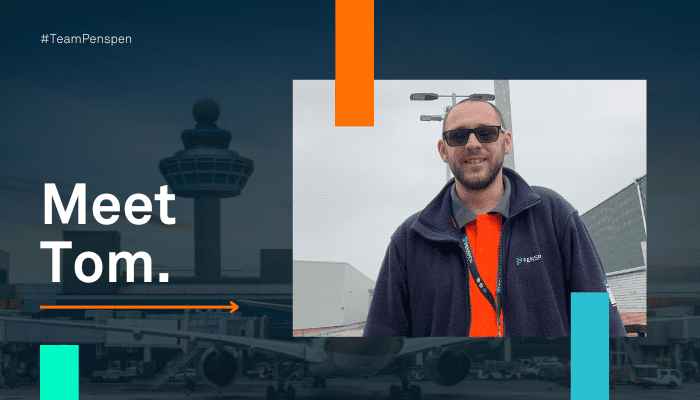
From Carpentry to Colnbrook: Our People – Tom
Tom is a Shift Leader at Colnbrook Rail Terminal, which transports aviation fuel to London Heathrow Airport. In this Our People feature, he shares how a redundancy early in his career showed him the...
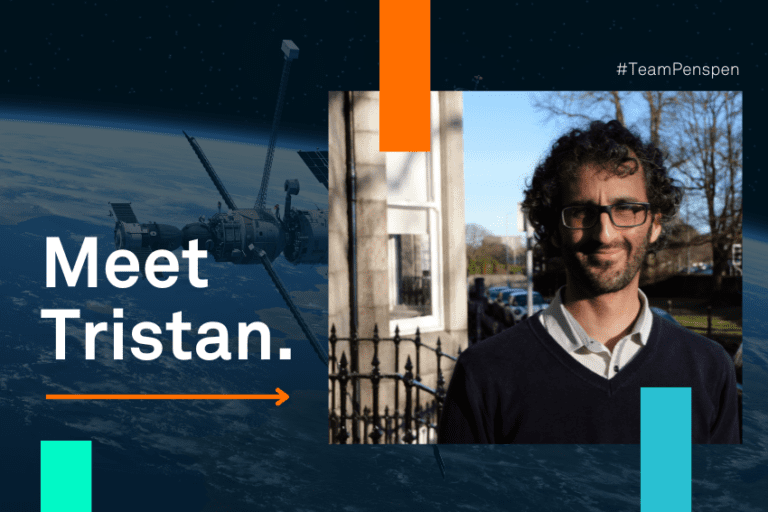
Energy – the final frontier?
The transition from a career developing structures for use in space to solving the challenges of implementing hydrogen infrastructure may not seem straightforward, but for Penspen’s Head of...

Beyond Compliance: Optimisation Opportunities of the Gas Mega Rule – Pipeline Integrity Management with Digital Twins, Multiple Inspections, and Artificial Intelligence
In a new technical paper presented at the 2025 Pipeline Pigging and Integrity Management Conference, Penspen, Senslytics, and PipelineLogic explore how Penspen's THEIA platform and Causal AI...

